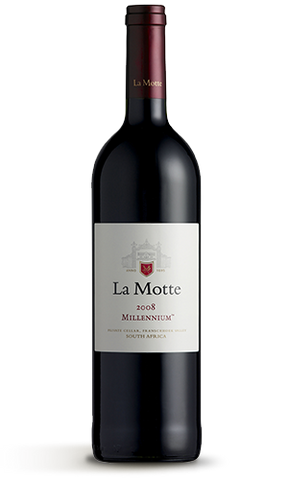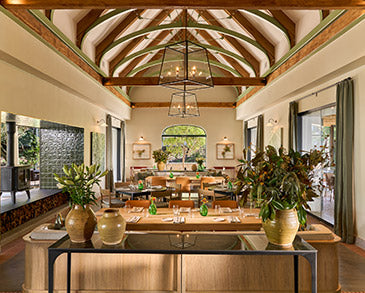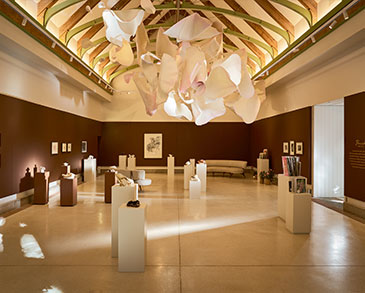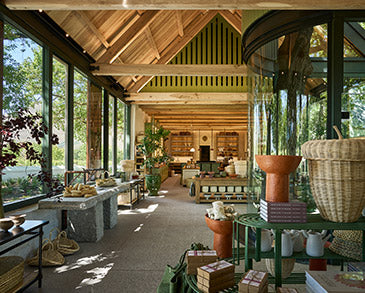
Grapes for this wine originate from Bot River in the Walker Bay region.
Predictions by farmers of early fruits, such as peaches, proved to be correct – the season was at least two weeks later than normal. Weather preceding ripening was cool and created the right conditions for an exceptional year, described by some as “European”. Sugar levels raised slowly – a very positive aspect. Timing, however, was complicated by untimely rains and harvesting required painstaking planning. In general, ripening was at lower sugar levels, resulting in elegant wines with lower alcohol levels.
On average, the vineyards are ten years old and the blocks were planted closely together in mainly shallow shale soil of a medium potential. All vines are trellised according to the Perold system, receive drip irrigation and are managed organically. The windy conditions, cool temperatures and non-application of fertilizers caused a low yield. The yield was further limited through the removal of unevenly ripe bunches.
Grapes for the wine consist of 44% Cabernet Franc, Malbec, 11% Petit Verdot and 6% Cabernet Sauvignon. Before de-stalking, all the grapes were hand-sorted. The de- stalked grapes were cold-soaked for two to three days, followed by inoculation with selected yeasts. Fermentation was at between 25 to 30 degrees Celsius. After fermentation the wine was left on the skins for a further 20 days to promote extraction and body. Malolactic fermentation was partly in barrels.
This is the first Millennium produced from grapes originating 100% from La Motte’s Nabot farm near Bot River. The wine has a pure intensity of flavours with prominent raspberry, plums, fruitcake, toffee and truffle. A fleshy consistency and muscular body hide the polished tannins and the finish is clean and fresh.
Alcohol 13,42% vol
Residual sugar 3,7 g/l
Total acid 5,3 g/l
pH 3,81












